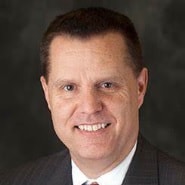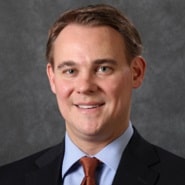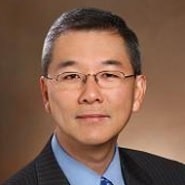The key aspect in being able to lead teams through a major change – or two, in this case – is transparency, according to Jeff Buda, CIO at Atrium Health Floyd. In this interview, he talks about his open-door policy, the benefits of becoming part of a large organization, and why he’s a big proponent of remote work.
Q&A with Providence CIO BJ Moore: “Don’t Try to Catch Up on 20 Years.”
In this interview, BJ Moore, CIO and EVP of Real Estate Strategy Operations at Providence, talks about the concerns he has with large-language models (and the hype surrounding it), his team’s 4-year journey to a single instance of Epic, and the assumptions that outsiders often make about healthcare.
Q&A with RWJBarnabas CTO Jordan Ruch: “Standardization is critically important.”
Investing heavily in go-live support, laying the right groundwork, and having the right people in place are all critical to the success of a major initiative. But perhaps the most important component, said Jordan Ruch, CTO of RWJBarnabas Health, is the ability to “adapt to, and highly function throughout, periods of transformation.”
“Be Bold”: CIO Daniel Barchi on How Moving Quickly Can Increase Control
Q&A with CIO Rich Rogers, Part 2: “Find what motivates individuals and get them involved.”
Q&A with Hospital Sisters Health System CIO Ray Gensinger, Part 1: “Take It One Step at a Time.”
Q&A with North Country Hospital CIO/CISO Kate Pierce: “It Takes a Village to Make Us Secure.”
Musings about Tech Adoption: CT Lin Documents Parkview Health’s EHR Go-Live
“It’s a Journey”: CIOs Share Best Practices for IT Training and Support in a Post-Covid World
EHR Travel Blog, Part 2: Fighting the Good Fight











